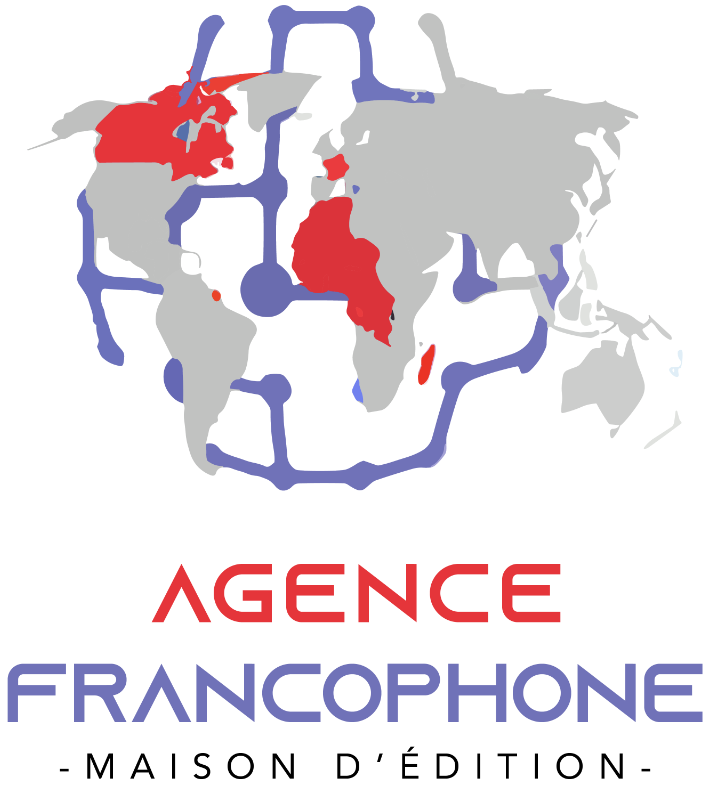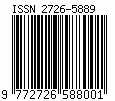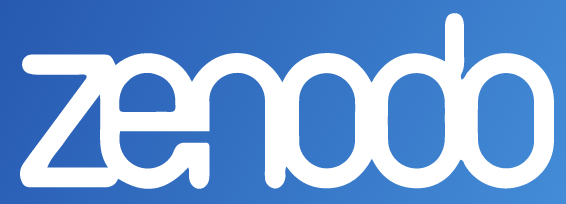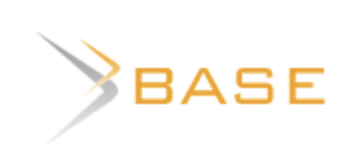SAMIR in the light of the trade off theory
Keywords:
SAMIR, Trade- off, debt, bankruptcyAbstract
Abstract:
SAMIR, a subsidiary of the Swedish company Corral Morocco Holding AB, has adopted a modernization project in order to formalize its ambition to equip itself with a modern production tool adapted to market requirements. The aim of this article is to test the extent to which trade-off theory can explain SAMIR's indebtedness. Trade-off theory argues that a number of variables act either negatively or positively on a firm's indebtedness. In this article, we have tried to analyze their relationship with SAMIR's indebtedness over the period 2008-2014, while explaining the main cause of its bankruptcy. The results show that tax rate, asset tangibility and size have a positive effect on SAMIR's indebtedness. While growth opportunities, operating risk and profitability are negatively correlated with debt. The refinery invested in its renovation, taking on massive debt in the hope of increasing its size and profitability. However, this poorly controlled debt continued to increase in inverse proportion to its profitability, driving it into bankruptcy.
Downloads
Downloads
Published
How to Cite
Issue
Section
License
Copyright (c) 2025 Narimane ADLI , Lakbir EL AKRI

This work is licensed under a Creative Commons Attribution-NonCommercial 4.0 International License.















